Palestine Beyond Partition and the Nation-State
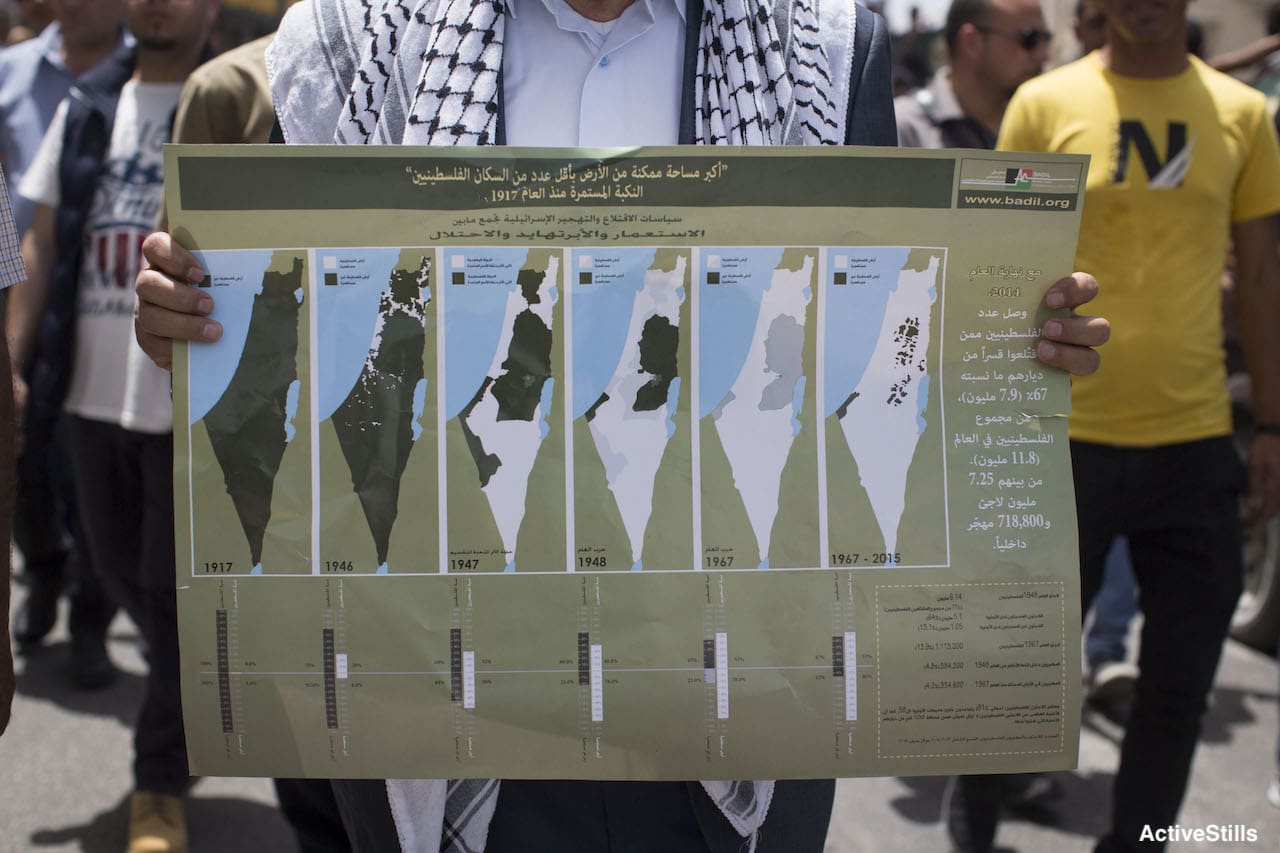
What does Palestinian statehood beyond partition and the nation-state framework look like? Which alternatives exist and what are the challenges they might present? Al-Shabaka sits with policy analyst Leila Farsakh to discuss these questions and more, following the publication of her new edited volume, Rethinking Statehood in Palestine: Self-Determination and Decolonization Beyond Partition.
Palestinian Representation: Elections vs. Consensus-Building
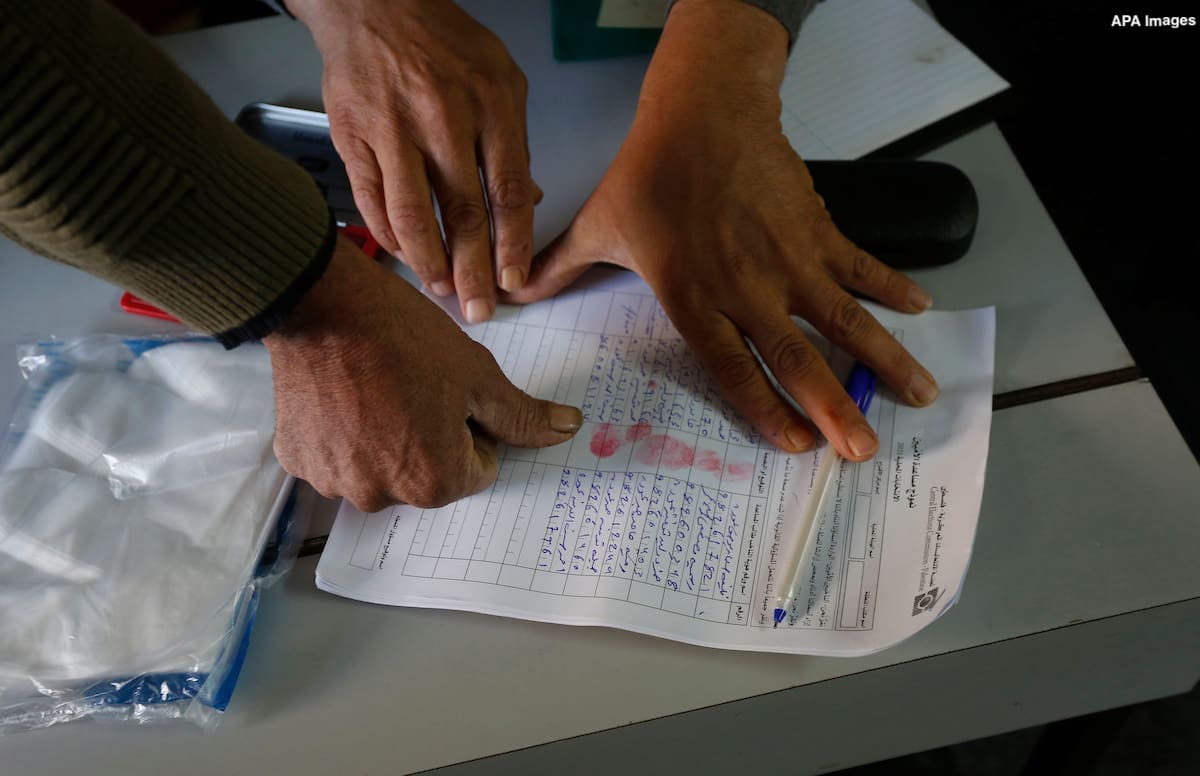
In light of the March 2022 Palestinian municipal elections, we revisit our August 2020 piece on the question of representation vis-à-vis elections and consensus-building. Al-Shabaka’s policy analyst, Nijmeh Ali, critically examines different forms of Palestinian political representation given their geographic fragmentation, as well as the structures of the PLO itself, offering suggestions for the future.
International Law and the Palestinian Anti-Apartheid Movement
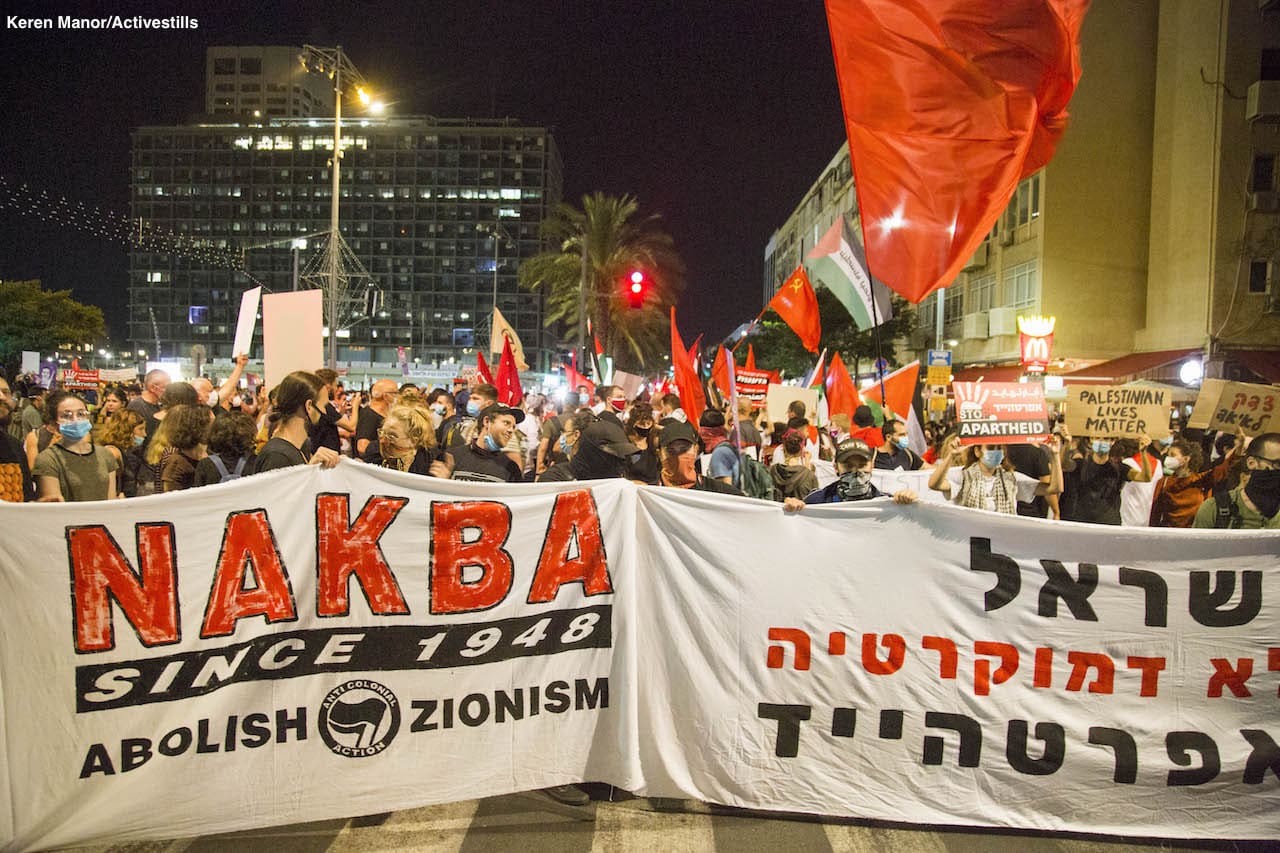
Recognition of Israel’s crime of apartheid is increasing throughout the world. How should Palestinians seize this moment and strategize an anti-apartheid movement through legal avenues? Al-Shabaka’s policy analyst, 24535, examines the importance of deploying international law in a decolonial Palestinian anti-apartheid movement and offers recommendations for how Palestinians and their allies should strategize it.
Strategizing Anti-Normalization from the Gulf to Capitol Hill
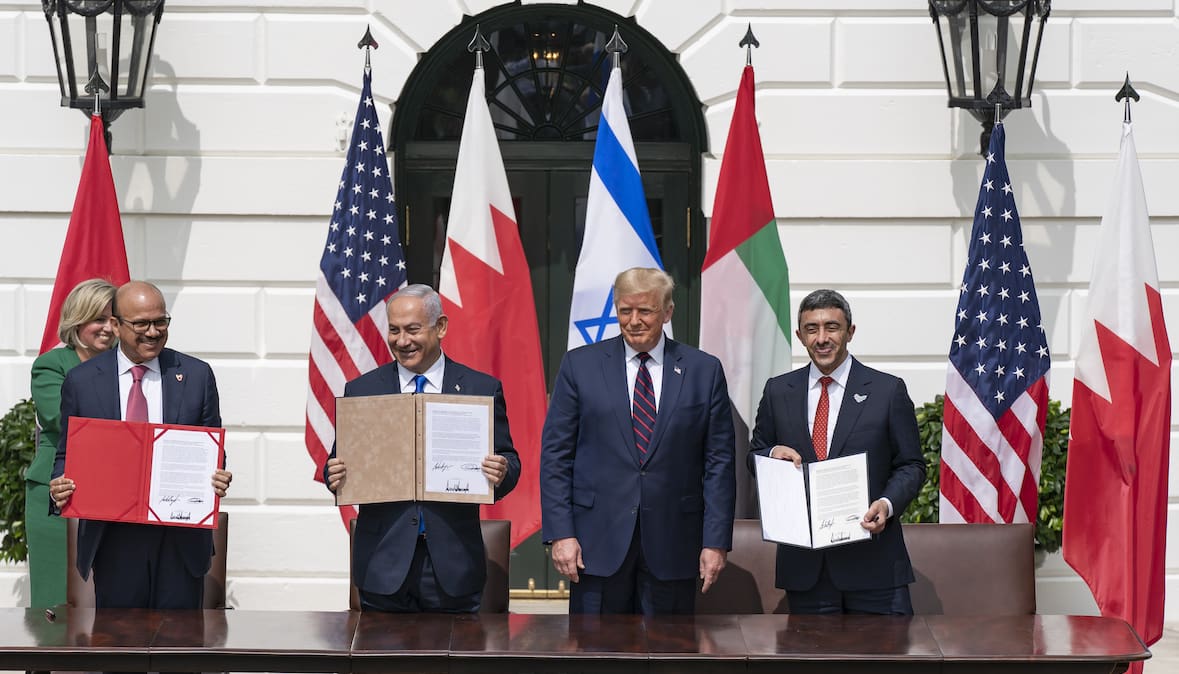
Al-Shabaka’s Commissioning Editor, 24503, is joined by anti-normalization activists, 24507 and Sumaya Almajdoub, in the latest installment of Al-Shabaka’s policy lab series.
Challenging Israel’s Climate Apartheid in Palestine
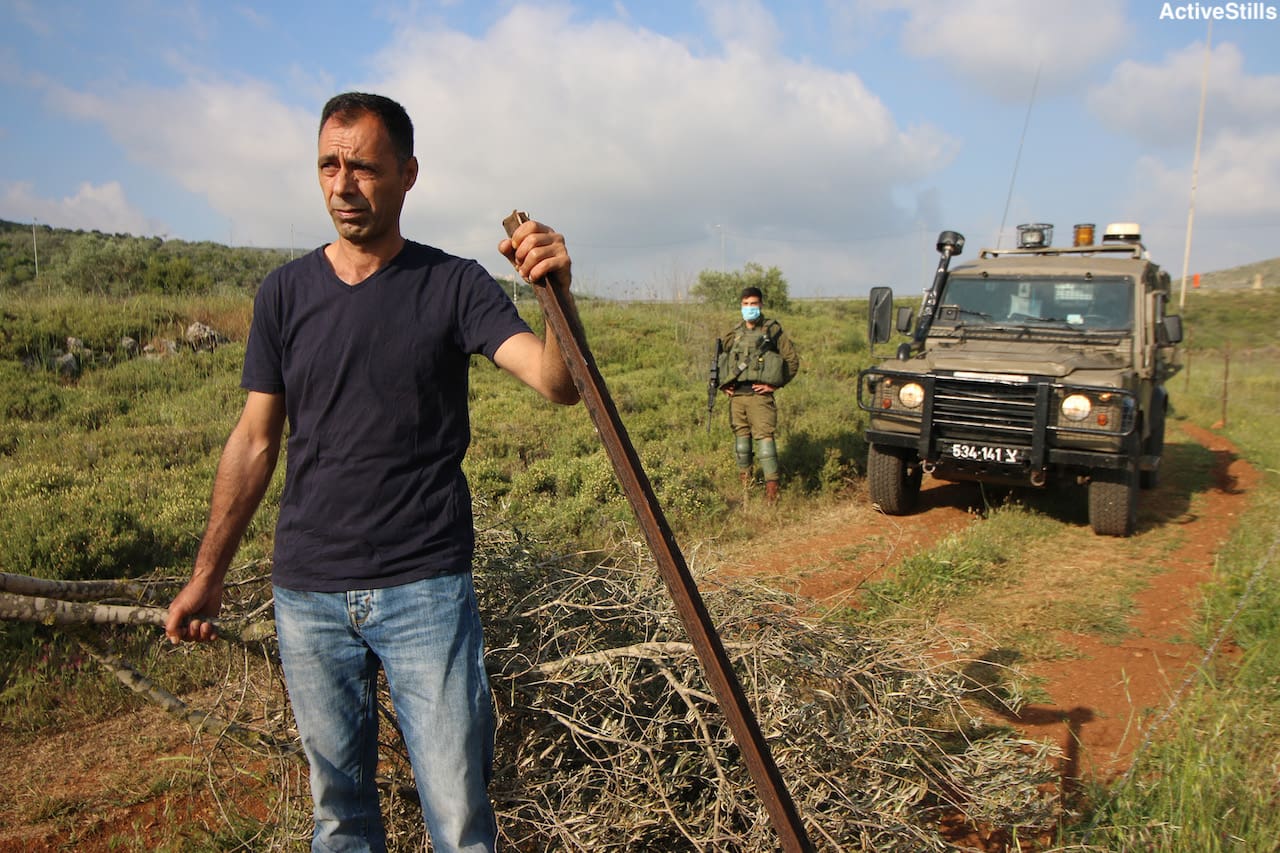
The PA and its international donors continue to promote state-centric and technical approaches to climate change that block legitimate climate and environmental justice in Palestine. Al-Shabaka’s policy analyst, Muna Dajani, explains how climate change across colonized Palestine is a political reality defined by Israeli settler colonialism and theft of natural resources. She offers recommendations for bringing meaningful climate justice to Palestine.
The Palestinian Security Sector: Entrenching State Repression

The Palestinian Authority’s security sector receives the largest portion of its budget, allowing it to consolidate its authoritarian and repressive rule over the Palestinian people. Al-Shabaka’s policy analyst and program advisor, Alaa Tartir, explores this troubling reality and offers recommendations for rethinking security sector governance whereby it can bring about inclusivity, accountability, and dignity for the Palestinian people.
Thirty Years On: The Ruse of the Middle East Peace Process
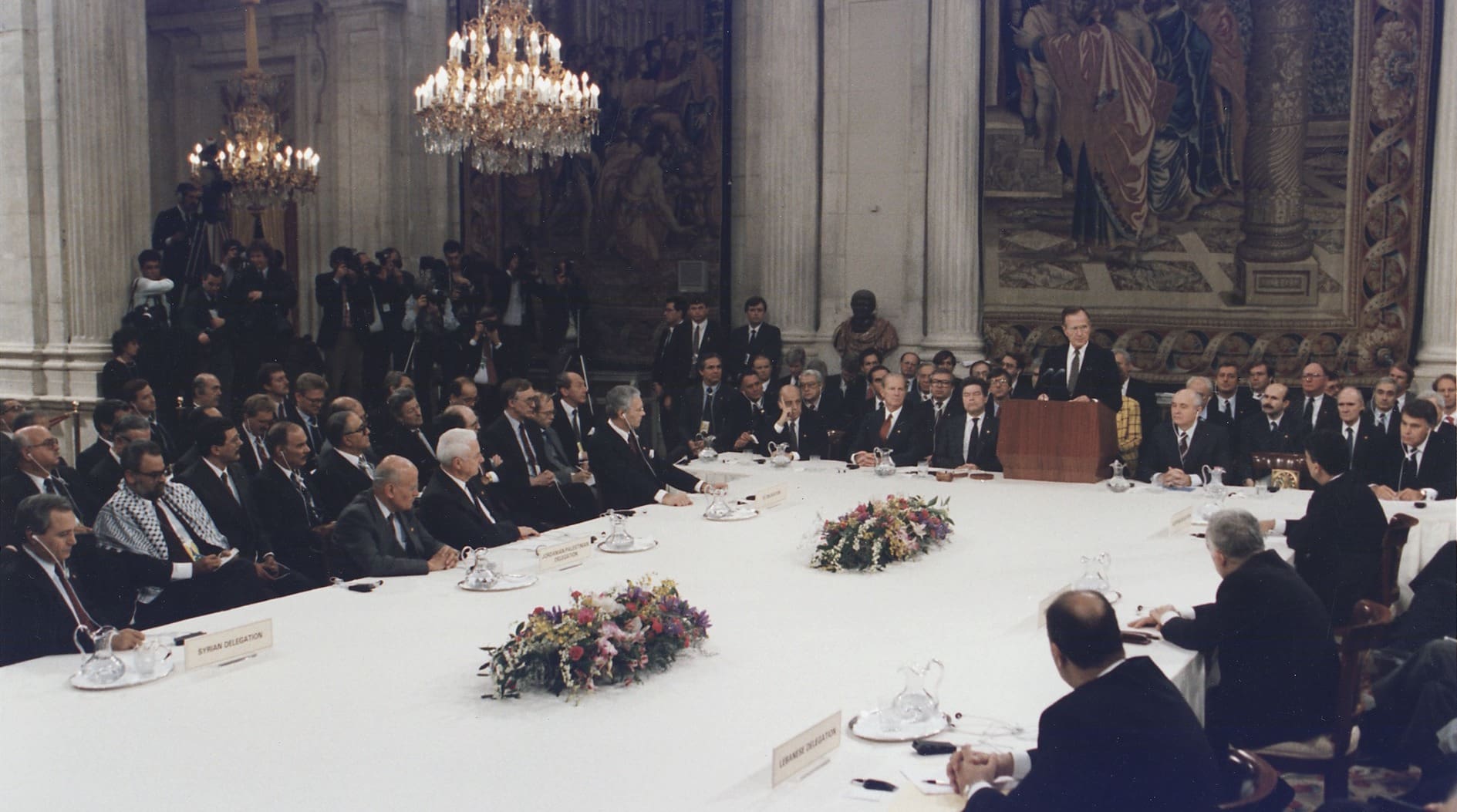
The so-called Middle East Peace Process has ensured Palestinians’ oppression by a military regime bent on settler-colonial expansion. How has the bilateral negotiations framework consolidated Israel’s hegemony over the Palestinians, and how has Israel maintained it? Al-Shabaka policy analyst, Inès Abdel Razek, explores these questions and more, and offers recommendations to the international community for supporting Palestinian liberation.
Hamas: Dismantling the Dilemmas of Governance and Resistance

Hamas has achieved unprecedented support among Palestinians since May 2021. How has it developed as an Islamic resistance movement and as a governing body since its participation in the Palestinian political sphere in 2005? Al-Shabaka policy analyst, Belal Shobaki, investigates the ongoing fundamental dilemmas and challenges faced by the movement, and its different strategies to resolve them.
Restricting US Military Aid to Israel in the Age of Normalization

With the rise in global solidarity with Palestinians since the May 2021 Unity Intifada, United States policymakers and activists are calling for conditioning and halting US military aid to Israel. Al-Shabaka’s US policy fellow, 24507, examines this shifting tide and offers recommendations for how policymakers, lobbyists, and the international community can seize on this historic moment in the defense of Palestinian rights.






